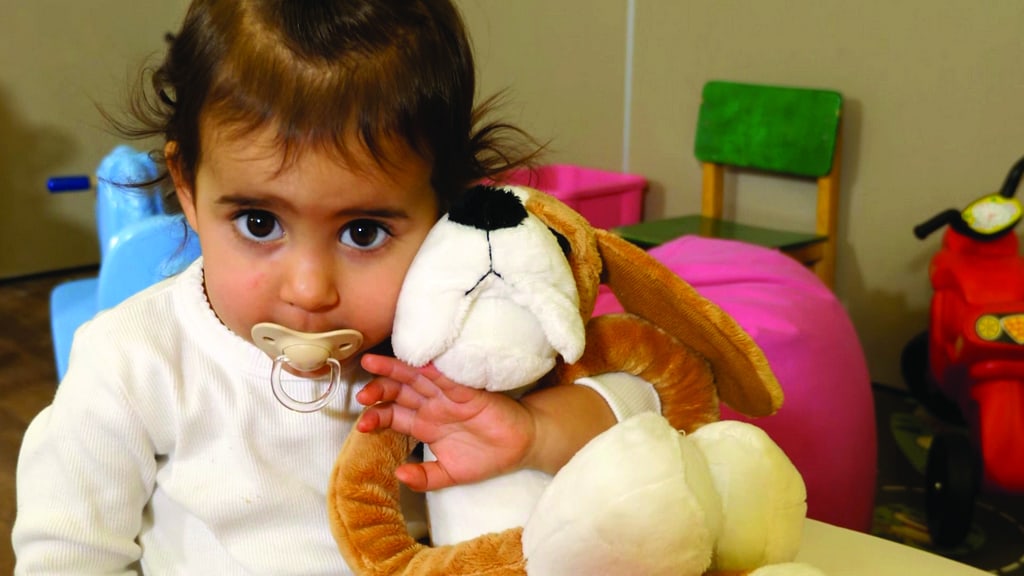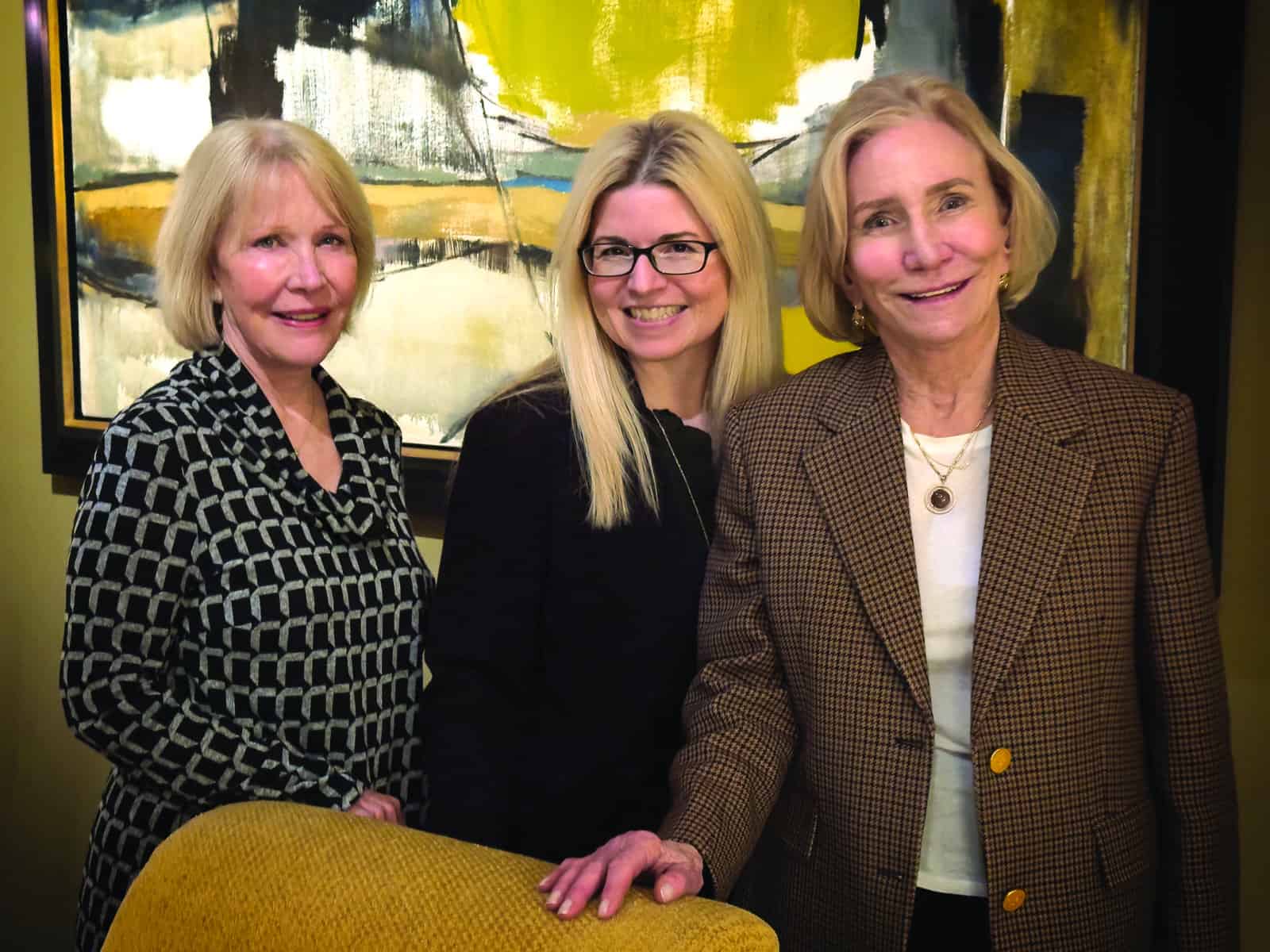The United Jewish Federation of Tidewater’s Women’s Philanthropy meeting on Thursday, Jan. 18 featured Eliza Prince, JDC senior development officer. Prince has been with JDC for a few months and works out of the Washington, DC area, serving several Jewish communities in North America. Prior to JDC, Prince worked for Washington Hebrew Congregation and the Jewish Federation of South Palm Beach County (Boca Raton) as its director of women’s philanthropy.
Prince opened with an overview of the work of the JDC (the American Jewish Joint Distribution Committee) – historical to contemporary, ultimately zeroing in on the emergency work taking place now in Ukraine and Israel. JDC is one UJFT’s overseas service delivery partners – and UJFT is beyond proud to claim its recently installed national president, Annie Sandler.

In discussing JDC’s work in Israel (regularly and in the aftermath of October 7th), Prince showed a video featuring JDC’s signature Hibuki doll. This sad-face, long limbed, floppy eared dog begs to be held and hugged – it even has Velcro strips on its oversized paws to keep it secured around a child’s body. But its true use is in helping children cope in the wake of traumatic events (like October 7). Hibuki in Hebrew translates to “My Hug.”
The video showed groups of internally displaced children from kibbutzim near the Gaza border – now staying at hotels across the country – receiving Hibuki dolls, which they adopt as their own – during counseling sessions with child psychologists and social workers. The children are encouraged to place their fears and stresses onto these dolls. But the dolls serve another purpose: to give the children a sense of purpose (of being needed), because these sad dolls also need care and love and someone to be strong for them.
First created to help traumatized children during the Second Lebanon War, JDC has used Hibuki dolls and the counseling curriculums surrounding them around the world, distributing them in war-ravaged Ukraine, in Japan after the tsunami, and in Turkey after the earthquakes, helping in the healing process of hundreds of thousands of children. It was impossible NOT to be moved (in many cases to tears) when watching the children embrace their Hibukis and share their stories with case workers.
“This is just one of many, many programs that JDC provides – on our (Tidewater Jewish community’s) behalf – that help to heal a broken world,” said Annie Sandler, JDC president.
Prince spoke to several groups during her time in Tidewater, including UJFT’s Israel and Overseas Committee. In each place, she reminded those in the room of exactly “why we do what we do” and how meaningful the work truly is.
For more information about the work of UJFT’s overseas partner, the American Jewish Joint Distribution Committee (JDC), visit JDC.org.

